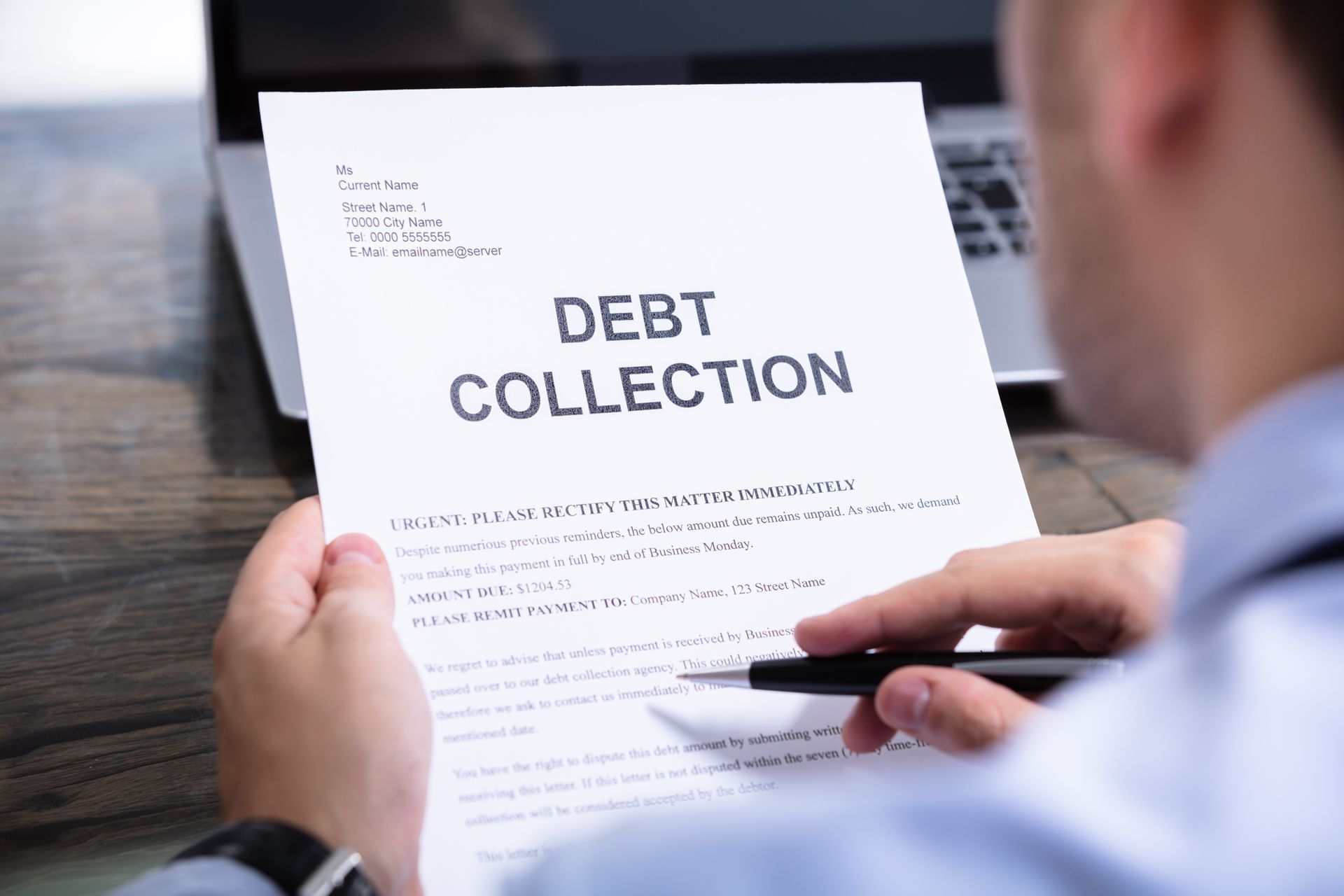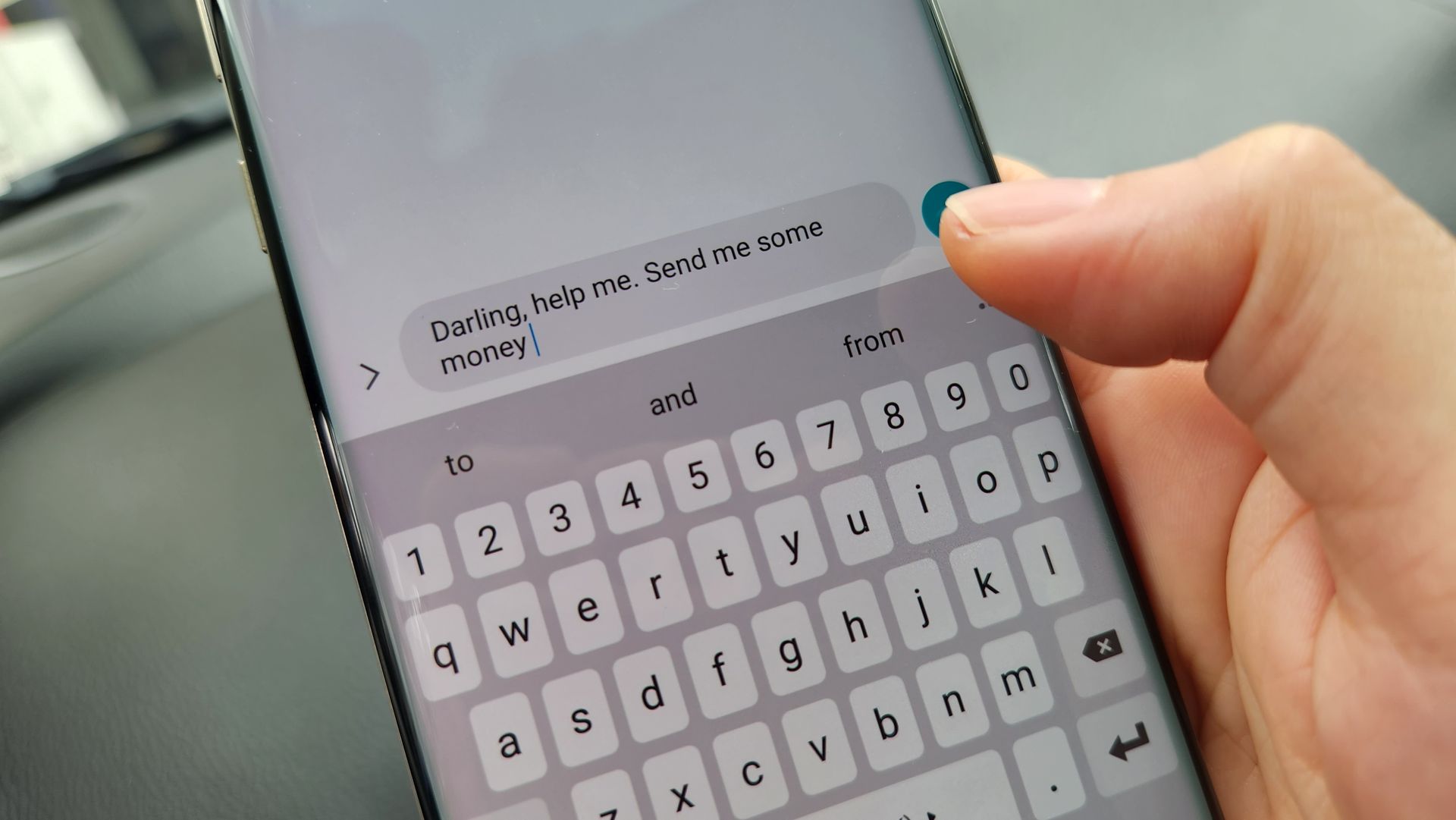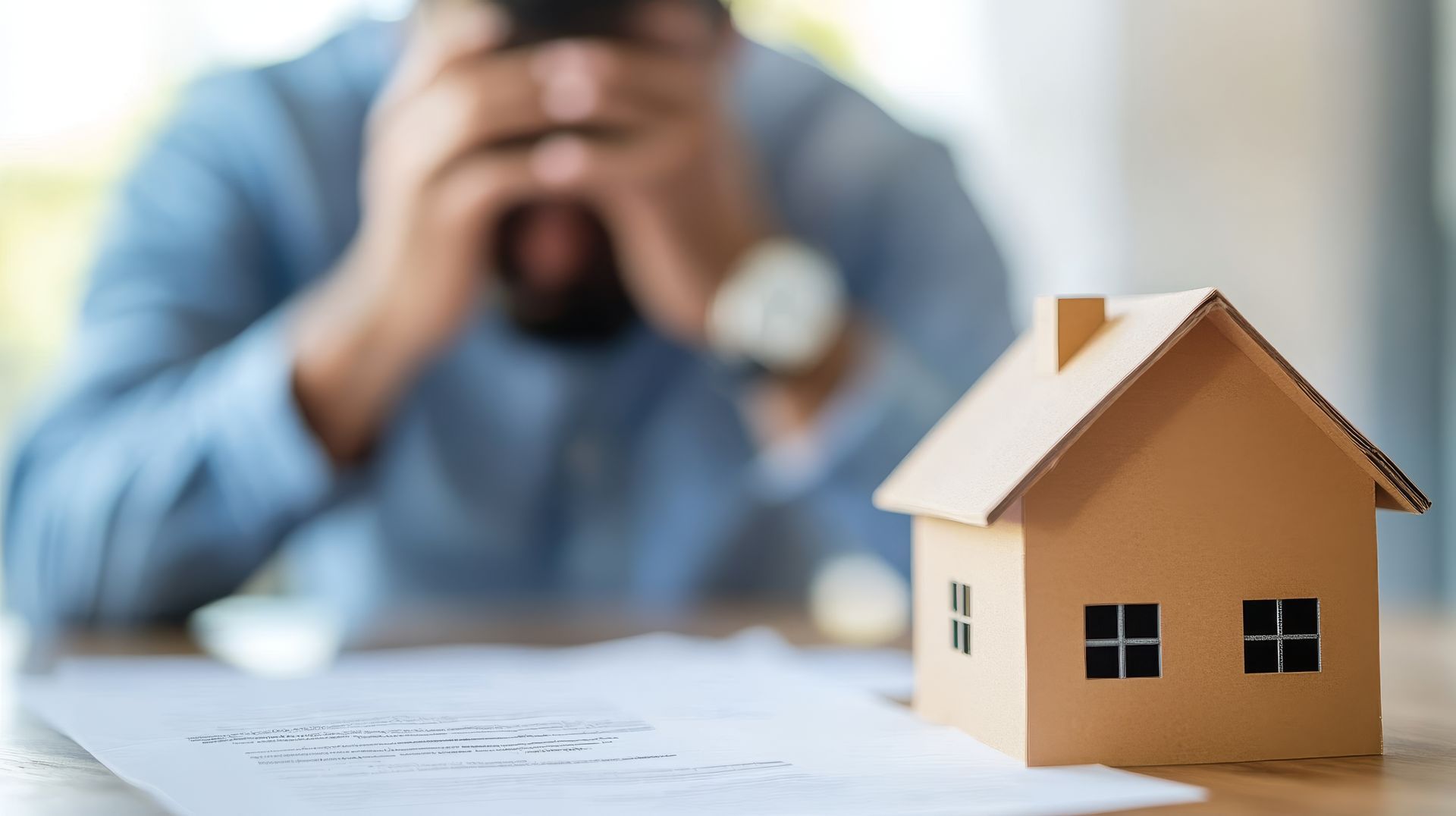Election laws were a hot topic in Minnesota’s 2023 – 2024 legislative session (the 93 rd legislature). Measures ranging from voter pre-registration for minors and felon voting rights to changes in absentee ballot deadlines and protection for election workers were passed this year. There were three primary bills through which these many changes were implemented.
House File 3
Absentee Voting Changes, Automatic Voter Registration, Multilingual Instructions and Voter Interference Penalties
HF 3 covers a lot of voting law ground and addresses a seemingly disparate array of voter rights topics. In broad strokes, the legislation:
- Implements automatic voter registration via a number of mechanisms
- Allows minors aged 16 and 17 to pre-register to vote in the first eligible election after they turn 18
- Removes the reapplication requirement for Minnesota voters who want absentee ballots (meaning ballots will be mailed in perpetuity until they become ineligible, the ballots are undeliverable or they request to be taken off the absentee ballot list)
- Requires districts where at least three percent of the population doesn’t speak English fluently to provide appropriate multilingual sample ballots and instructions to voters
- Adds criminal and civil penalties for voter interference (i.e., threats of violence, tricking someone into not voting, physically preventing voter registration drives, etc.)
How Automatic Voter Registration Works
Developing a consistent, automatically updated electoral roll for the entire state of Minnesota isn’t simple or straightforward, as not every eligible voter in the state is cleanly collated on an exhaustive state-maintained list. The solution the Minnesota legislature came up with involves relying on state agencies for building out the list:
- Anyone who applies for a driver’s license or state ID card (or applies for renewal) and who is eligible to vote will be added to the voter registration list (if they’re not already a registered voter)
- The U.S. Department of Human Services may provide voter registration services when a Minnesotan applies for or renews their Medical Assistance or MinnesotaCare coverage
- Other state agencies may be added in the future to further widen the net
House File 28
Voting Rights for Convicted Felons
Restoring voting rights to convicted felons in Minnesota is not new, but the old law required felons to not only complete incarceration but also any additional portion of their sentence in the community (probation, parole, supervised release, etc.). This law restore voting rights for convicted felons as soon as they finish the incarceration portion of their sentence. Someone convicted of a felony who wasn’t incarcerated can continue voting without interruption.
House File 1830
Vast Array of Miscellaneous Voting Changes
HF 1830 is a large, unwieldy state omnibus bill, and there are a diverse array of changes to Minnesota voting law baked into it. Some of the notable examples include:
- State money will be sent to cities and counties to improve accessibility for voters with disabilities
- Grants county auditors and municipal clerks the ability to remove precinct election officials that they deem to be negligent in their duty or committing some kind of malfeasance or misconduct (i.e., voter interference)
- Prohibits county auditors and municipal clerks from copying or disclosing voting system (voting machine) storage without legal authorization
- Added protections to prevent the intimidation of or interference with election workers
- Officially adds in-person early voting to Minnesota (in addition to absentee voting)
- Early voting locations will be opened for 18-days prior to election day
- Enhanced procedures for secondary education student voter registration
- Makes it harder for registered voters to challenge the eligibility or residence status of other registered voters in the state
- Absentee ballot drop off on election day extended from 3 p.m. to 8 p.m.
- It’s no longer permitted to incentivize people collecting absentee ballot applications through bonuses for reaching application quota targets or payment penalties for failure to meet those targets
- Election judges who help with absentee voting at assisted living facilities and veteran homes are allowed to help for 35 days before elections (was previously 20 days)
- The option to provide mail-in voting rather than precinct polling places expanded from just towns with 400 or fewer registered voters to larger metro areas (local governments must decide whether to utilize this feature)
- Changes to some contact information and residency proof requirements for candidates
- Counties are no longer required to publish sample ballots and can instead simply inform voters of how they can request a sample ballot
- Alternative ballot marking options for voters who require assistive voting services
- Divided voter records into public and nonpublic data sets to provide necessary public transparency without compromising voter privacy
- Shorter pre-election-day window for mandatory testing of voting equipment (from two weeks to three days)
- The order in which partisan candidates appear on ballots will now use random order with rotation rather than just randomization (except for presidential races)
- Minnesota preemptively agreed to switch to national popular vote instead of the electoral system if the U.S. constitution is amended to do so at some point in the future
- Clearly defined prohibited campaigning near polling places (slogans, logos, candidate names and likenesses)
- Changed the definition of “major political party” to be any part that receives at least eight percent of the vote share (up from five percent)
- Directs Secretary of State to conduct a study of ranked choice voting
Are You Concerned Your Rights as a Voter in Minnesota Have Been Violated?
If you want to speak with an attorney who is experienced in voter rights laws and litigation, the referral counselors at the Minnesota Lawyer Referral and Information Service can help. Call us at 612-752-6699 for help finding an attorney in the Minneapolis–St. Paul area.
The post 2023 Expanded Election Laws in Minnesota first appeared on Minnesota Lawyer Referral and Information Service.




